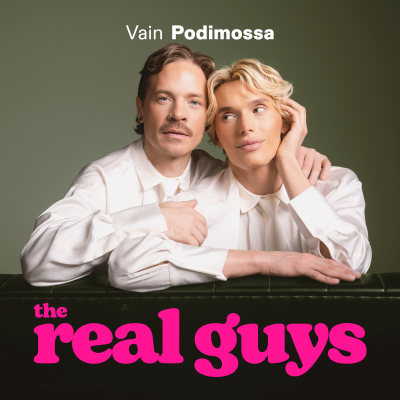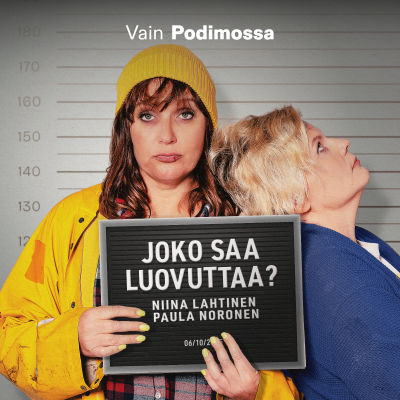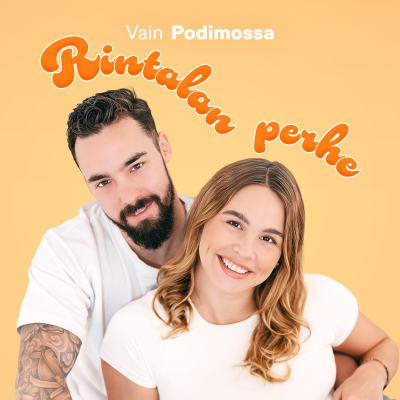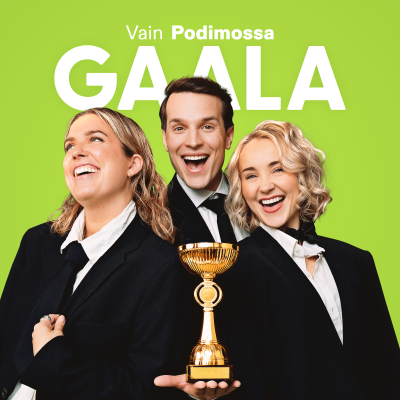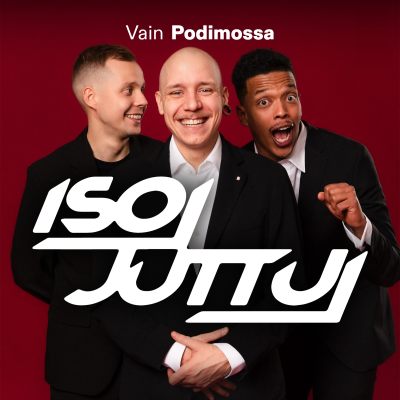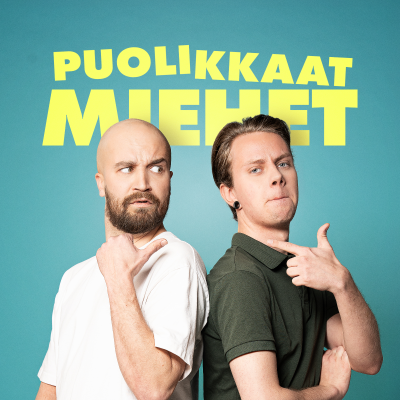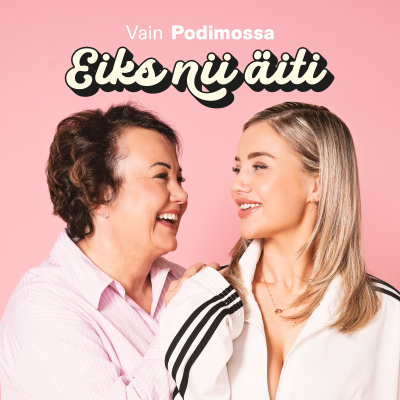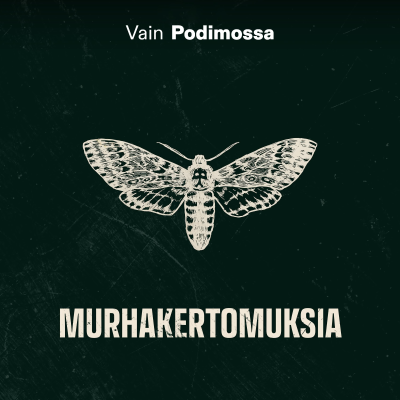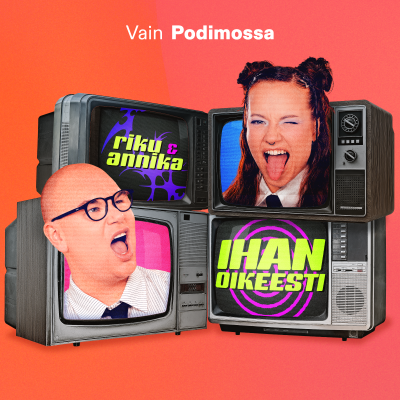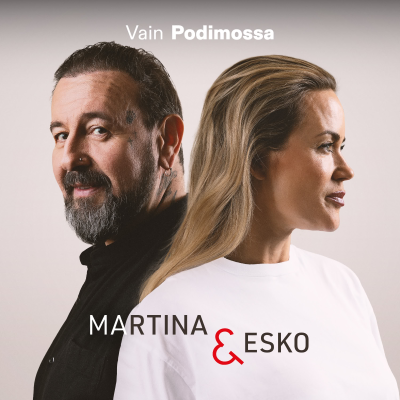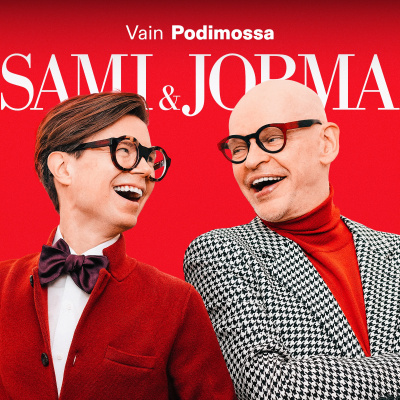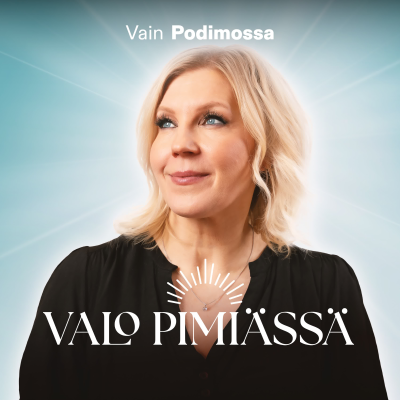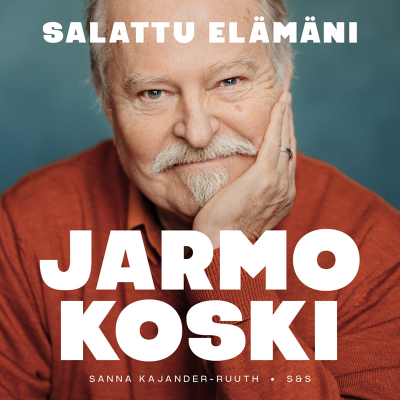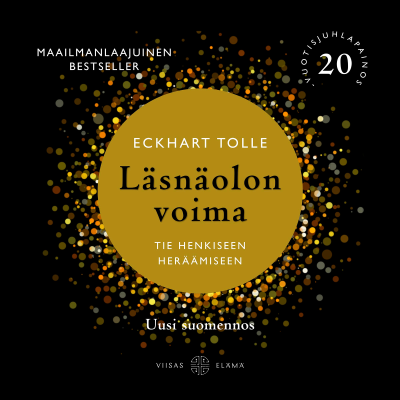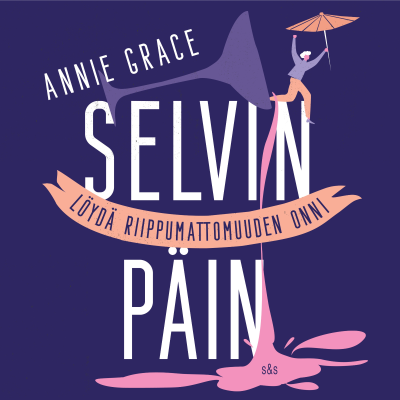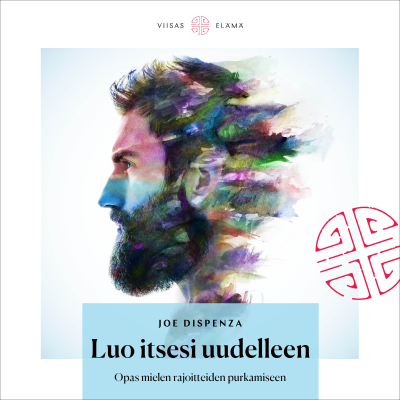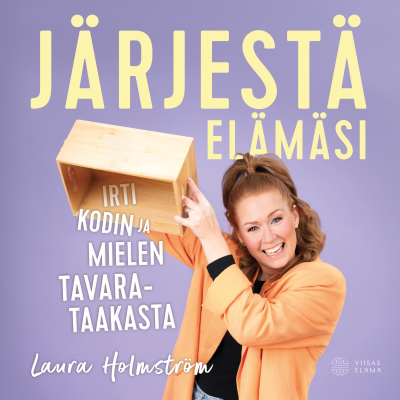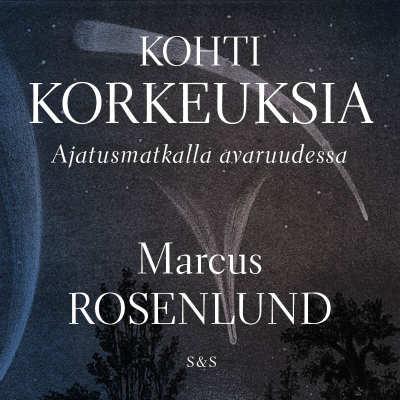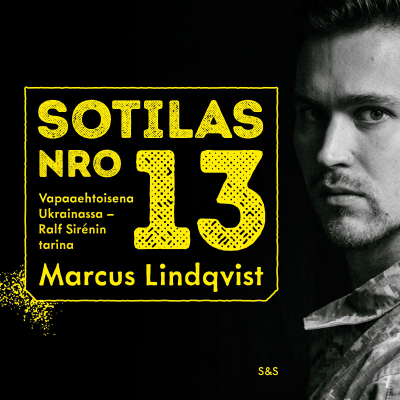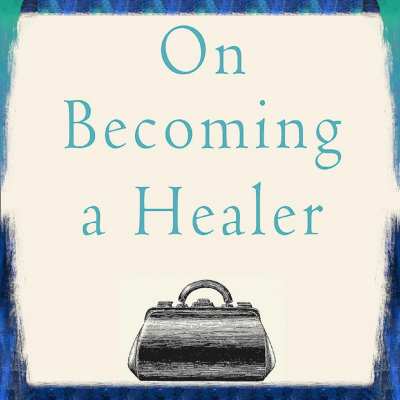
On Becoming a Healer
englanti
Terveys & hyvinvointi
Rajoitettu tarjous
2 kuukautta hintaan 1 €
Sitten 7,99 € / kuukausiPeru milloin tahansa.
- Podimon podcastit
- Lataa offline-käyttöön
Lisää On Becoming a Healer
Doctors and other health care professionals are too often socialized and pressured to become "efficient task completers" rather than healers, which leads to unengaged and unimaginative medical practice, burnout, and diminished quality of care. It doesn't have to be that way. With a range of thoughtful guests, co-hosts Saul Weiner MD and Stefan Kertesz MD MS, interrogate the culture and context in which clinicians are trained and practice for their implications for patient care and clinician well-being. The podcast builds on Dr. Weiner's 2020 book, On Becoming a Healer: The Journey from Patient Care to Caring about Your Patients (Johns Hopkins University Press).
Kaikki jaksot
71 jaksotPreventing Suicide: How can we do better?
Forty-five percent of patients who die by suicide saw a primary care physician in the prior month. Physicians screen for suicide risk just half the time when seeing patients under treatment of depression. Meanwhile, suicide rates continue to rise in the United States and are the second leading cause of death among young people. In this episode, Saul interviews co-host Stefan, who is leading a national study of suicide in patients on chronic opioids who take their own lives after their physician tapered or cut off their opioids without their consent. They discuss the rich literature, theoretical and empirical, on why people take their lives, what stops them, and what a caring health professional can do to make a difference. Please note: if you are in crisis, US-based crisis supports are available by calling 988, and at https://988lifeline.org. An international listing of hotlines is offered at https://blog.opencounseling.com/suicide-hotlines/ [https://blog.opencounseling.com/suicide-hotlines/].
Bad Leadership in Academic Medicine and Health Care: Let's Talk about It
Unfortunately, bad leadership is common, with 50% of American's leaving a job because of a bad boss, and medicine is no exception. Saul and Stefan, with a combined 60 years in academic medicine and clinical practice, share personal experiences and anecdotes that highlight the characteristics of dysfunctional and toxic leaders, and discuss their implications for health care training and practice environment, including the trickledown effect on patients. They consider why and how bad leaders end up in positions of power, and what to do about it, acknowledging the difficulties in identifying and promoting effective leaders.
Poems about the wretched illness experience when your doctor is"clinically detached"
Writing about the illness experience, medical sociologist Richard Frank described an unspoken agreement with his doctor that if he adopted their detached and clinical language when discussing his illness, "I would have at least a junior place on the management team." Initially it seemed like "not a bad deal," until he experienced the toll it took, concluding that, "No one should have to stay cool and professional while being told their body is breaking down, though medical patients always have to do just that." Through three poems selected by our repeat guest, English professor Laura Greene of Augustana College, we see the pain and cost to patients when their doctors and nurses hold them at arm's length, unable or unwilling to see their humanity. We reflect on why, and what to do about it.
Assisted Dying: An End-of-Life Care Option or a Line Physicians Should Never Cross?
A growing number of US states and other nations are legalizing either voluntary euthanasia in which a physician (or designate) administers lethal drugs, or physician-assisted dying in which the drugs are given to the patient to self-administer. Our guest, Erica Baccus, tells us about her husband's determination to end his life rather than die of Alzheimer's disease, and the journey they took to Switzerland to make it possible (US laws don't apply to dementia). His wishes were unquestionably honored. At the same time the procedure has implications we find troubling, especially for what it can mean for the doctor-patient relationship, such as in Canada where some physicians are now killing several of their patients a week.
Why are we addicted to talking about opioids rather than helping people with chronic pain?
For years, doctors and those learning to practice medicine were told pain is "the fifth vital sign" and to treat it aggressively – including with opioids, "if that's what it takes." A consequent rise in opioid prescribing contributed to the devastating opioid crisis. Then the pendulum swung in the opposite direction, hard, with physicians cutting off opioid prescribing to patients, often without their consent. That too led to suffering with many deaths by suicide. What do these two seemingly opposing trends share in common? Both reflect a failure to embrace current knowledge about chronic pain and to bring compassion and caring to people who are suffering. Co-hosts Saul Weiner and Stefan Kertesz discuss the implications from two perspectives: Medical learners are still taught to treat chronic pain like a simple bodily injury ("somatically") with the caveat to avoid opioids, spurring apathy and frustration. Stefan, an addiction medicine specialist who has been conducting a national study of suicides related to forced opioid tapers, argues that we have "become addicted to talking about opioids" rather than about all the good we could do if we applied current knowledge and compassion to help people who are suffering.
Valitse tilauksesi
Rajoitettu tarjous
Premium
Podimon podcastit
Lataa offline-käyttöön
Peru milloin tahansa
2 kuukautta hintaan 1 €
Sitten 7,99 € / kuukausi
Premium
20 tuntia äänikirjoja
Podimon podcastit
Lataa offline-käyttöön
Peru milloin tahansa
30 vrk ilmainen kokeilu
Sitten 9,99 € / kuukausi
Premium
100 tuntia äänikirjoja
Podimon podcastit
Lataa offline-käyttöön
Peru milloin tahansa
30 vrk ilmainen kokeilu
Sitten 19,99 € / kuukausi
2 kuukautta hintaan 1 €. Sitten 7,99 € / kuukausi. Peru milloin tahansa.

